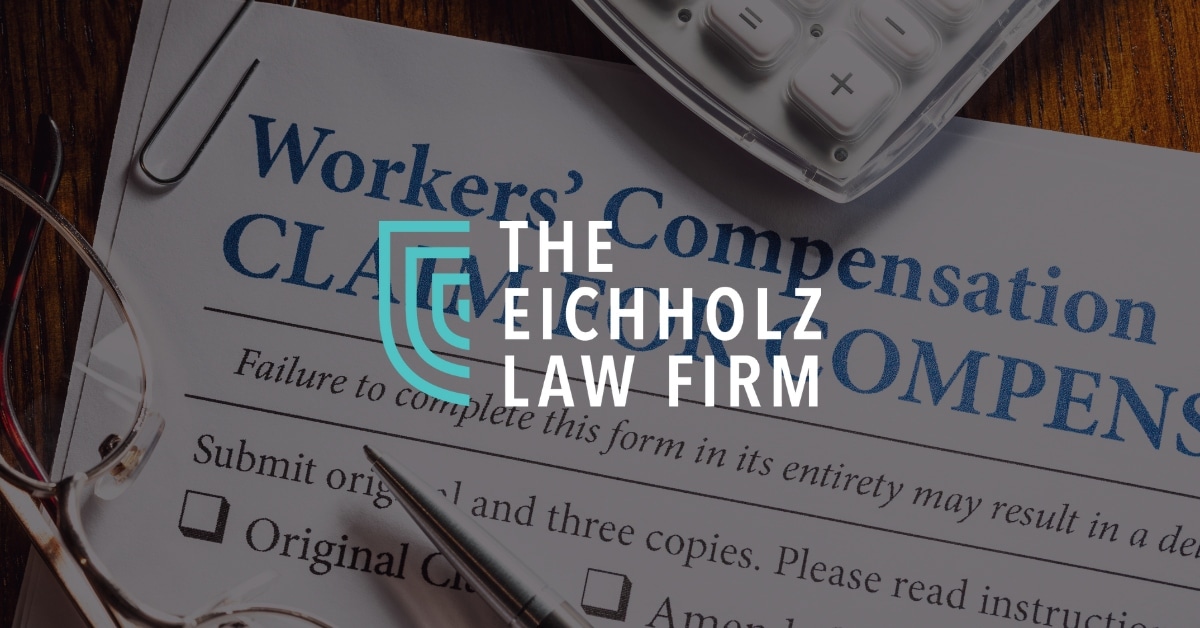Some people work their entire careers without missing time from an on-the-job injury. Other folks aren’t so fortunate. When you or a loved one are injured on the job, you may have questions about what workers’ compensation can do for you. Workers’ compensation is a very specialized area of law, and likely operates differently from other areas of law that you might be familiar with from TV or even your personal experience. Workers’ compensation laws also differ from state to state, so make sure you speak with your attorney to get the correct information to help you make the best decision for your claim.
Below, we will outline and discuss some of the capabilities and limitations of workers’ compensation law in the state of Georgia. These should be viewed as broad-strokes generalizations of the law, rather than an exhaustive list of the pluses and minuses of the law. Every worker, every work injury, and therefore every workers’ compensation claim is unique, and therefore each presents its own circumstances and details that must be considered. There are many variables in play to determine what applies and does not necessarily apply in your case. Before acting on your own, you should speak with your lawyer to find out exactly what applies or may not apply to your specific claim.
Without further ado, here is a brief summary of what workers’ comp can and cannot do. Workers’ compensation:
- CAN pay for approved medical bills. Treatment from your Authorized Treating Physician, and treatment they refer you to, can be directly paid by workers’ compensation. This includes a range of treatments, from the simple to the extremely complex and expensive. Workers’ compensation, in normal circumstances in an approved claim, will pay these benefits directly to your medical provider(s). In the case of a settlement, workers’ compensation may allow for payment of some future medical costs, either in the form of “leaving medicals open” for a period of time, or in the form of additional settlement money.
- CAN pay for time held out of work. In an approved claim, if your Authorized Treating Physician is holding you out of work, workers’ comp can pay you Temporary Total Disability (TTD) benefits. These benefits are calculated by determining the average of your pay for the 13 weeks prior to your work injury: what’s called your “Average Weekly Wage.” Two-thirds of that Average Weekly Wage then becomes your TTD rate, paid to you weekly as long as your Authorized Treating Physician is holding you out of work. There are other potential financial benefits, and you should ask your attorney if they apply in your claim.
- CAN pay for future disability, to a degree. Once you have reached Maximum Medical Improvement (MMI), as determined by your Authorized Treating Physician, he or she may assign you a Permanent Partial Disability (PPD) rating. This rating tries to quantify how much less capable of work you are after your work injury. Bear in mind that MMI often does not equal “cured,” but simply that medical science has done all it can and further treatment will not make you any better. This PPD rating is typically in the 0–20% range, and depending on which body part(s) you injured, equates to a certain number of weeks of your Temporary Total Disability rate.
- CAN’T pay for unapproved medical bills. In Georgia workers’ compensation claims, you generally do not have the right to select any physician you want for your work injury. You DO have the right to select a doctor from the Panel of Physicians, which should be posted at your place of employment. DO NOT select an urgent care or similar facility to handle your work injury. In most cases, an orthopedist will be best able to manage the care you need over the long term. Work with your lawyer to select the best option for you and your injury.
- CAN’T pay for pain and suffering. Workers’ compensation, despite the name, is not really designed to compensate you for your work injury. Truthfully, it is designed to facilitate getting you back to work as quickly as possible. We have already discussed some of what workers’ comp can pay you for, but one thing it cannot pay you for is the pain and suffering associated with your work injury. There is no mechanism within Georgia workers’ compensation that can do anything to compensate you for the physical pain or emotional distress that often accompany work injuries like yours. The closest workers’ compensation comes to addressing pain and suffering is the Permanent Partial Disability rating outlined above. However, even this is predicated on how your injury, and the pain from it, impair your ability to work. Speak with your attorney to determine if your work injury may also give rise to a third-party personal injury claim, where pain and suffering may be compensable.
- CAN’T give you a jury trial. There are no jury trials in workers’ compensation claims in Georgia. In fact, there are not really “trials” at all. Judges hold hearings to determine individual issues in cases, but there will never come a time where a judge will tell a workers’ compensation insurer to pay you a certain amount of money to decide your case in full. However, hearings can be helpful, especially in fully denied claims where the insurer is not paying your medical bills nor paying you while your doctor is holding you out of work. However, in these cases there isn’t what you might normally think of as a “verdict” like in criminal or other civil trials you may have seen on TV. Additionally, the State Board of Workers’ Compensation cannot make anyone settle a claim. This cuts both ways: the Board cannot force an insurer to offer a certain amount of money, or indeed any settlement at all, but it likewise cannot force you to accept a certain amount of money in order to settle your claim. Discuss with your lawyer the reasons to accept or reject any settlement offer in your claim, and what options exist beyond settlement.
What has been outlined above is merely a broad general overview of the capabilities and limitations of workers’ compensation claims in the state of Georgia. As stated before, every claim is different and has its own unique set of issues to be worked through to get you the best care and maximum workers’ compensation settlement available. To better understand your individual claim and your options, speak with an experienced workers’ comp attorney at The Eichholz Law Firm today.

